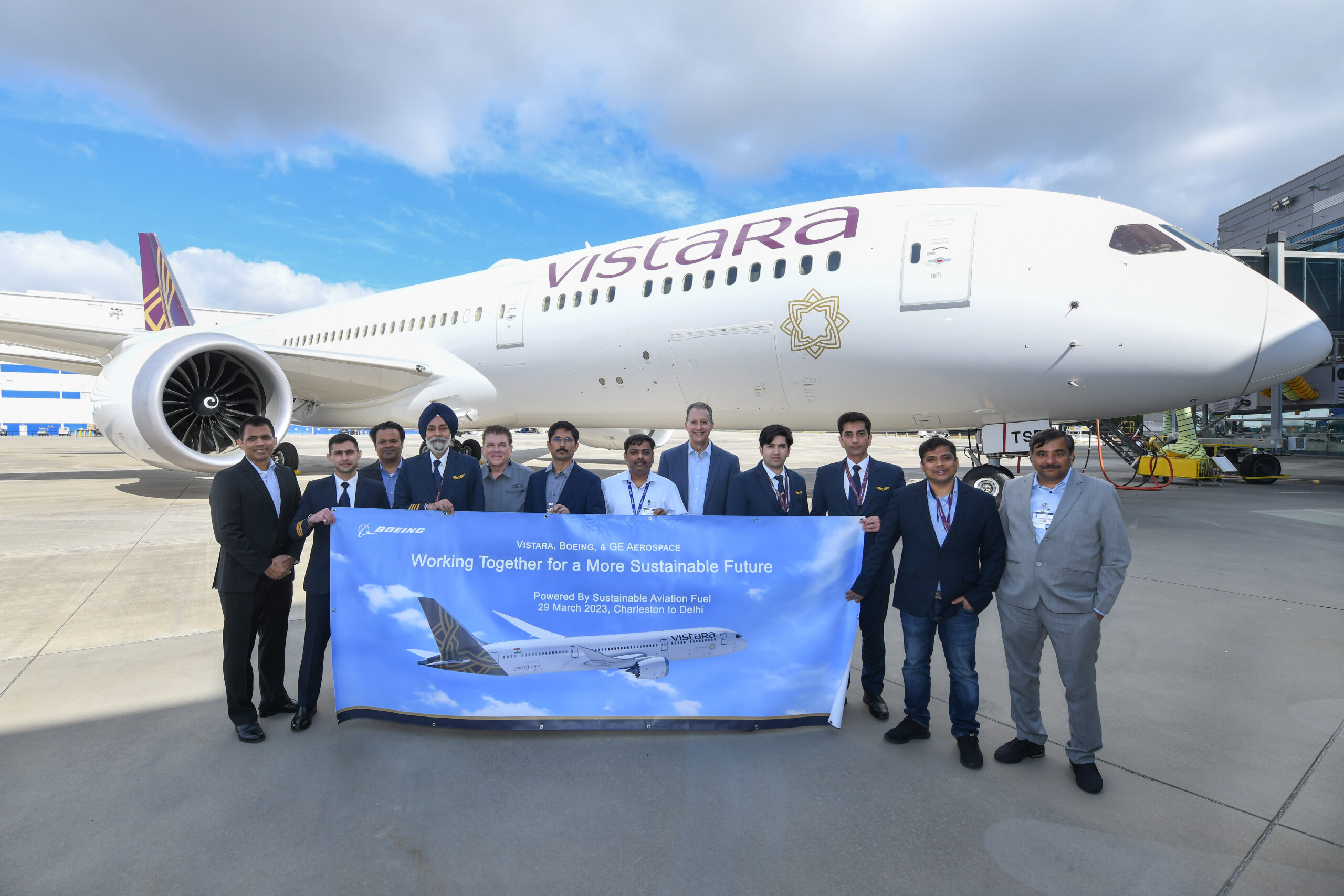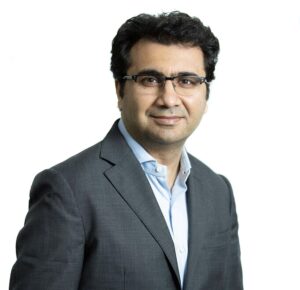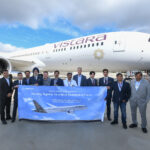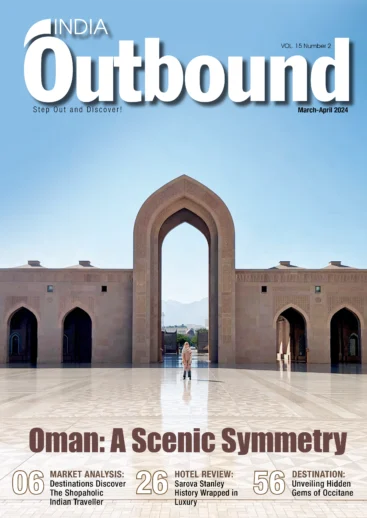
During the flight Vistara was able to lessen CO2 emissions by 68,000 kg by employing a blend of 30 pc SAF and 70 pc regular jet fuel
Vistara, a joint venture of Tata group and Singapore Airlines, has become India’s first carrier to operate a wide-body aircraft using sustainable aviation fuel (SAF) on a long-haul route. According to a press statement by Vistara, the airplane manufacturer, Boeing, and the engine maker GE Aerospace collaborated to operate the historic ferry trip from Charleston International Airport in South Carolina to Indira Gandhi International Airport in Delhi using Vistara’s fourth and newest Boeing 787-9 Dreamliner powered by GEnx engines.

Vinod Kannan
The statement adds that during the flight Vistara was able to lessen CO2 emissions by 68,000 kg by employing a blend of 30 pc SAF and 70 pc regular jet fuel.
“We take immense pride in carrying out another pioneering initiative to operate a wide-body aircraft on a long-haul route using SAF, as we took delivery of our all-new Boeing 787-9 Dreamliner. This is an important milestone in our commitment towards achieving carbon neutrality. We thank our partners, Boeing and GE Aerospace, for their support and hope that initiatives such as this, open up more avenues for the industry to increasingly adopt sustainable technologies. Since the very beginning, Vistara had decided to invest in modern and advanced new aircraft with fuel efficient engines, and we remain committed towards reducing carbon emissions across all areas of our operations,” says Vinod Kannan, Chief Executive Officer, Vistara.
“We congratulate Vistara on the significant achievement of becoming the first Indian airline to operate a wide-body aircraft, the Boeing 787-9, on a long-haul route using SAF. This is a major milestone in the Indian aviation industry’s journey towards decarbonization, and we are proud to have been a partner in this endeavour. Boeing remains committed to working with Vistara and other partners to promote the use of SAF in the Indian aviation industry and around the world, in support of our collective goal of achieving a sustainable future for air travel,” says Salil Gupte, President of Boeing India.

Salil Gupte
Vistara adds that depending on the feedstock, sustainable aviation fuel (SAF), an alternative to conventional jet fuel, can reduce carbon emissions by up to 80 pc throughout the course of the fuel’s life. This ferry flight on SAF, another industry first effort in India, is a testament to Vistara’s search for better ways to conduct business while keeping sustainability at the centre of such innovations.
The statement goes on say that along with the other aviation-related Tata Group companies, the airline is now aiming to reduce carbon emissions through the Tata Aviation Sustainability Working Group. In order to work together on the investigation, creation, and use of sustainable aviation fuels, Vistara has inked an MoU with the Indian Institute of Petroleum, together with other airline firms of the Tata group, including Air India and Air Asia India (SAFs). The airline would also collaborate with the aviation industry to reduce CO2 emissions for international flights and the sector’s contribution to climate change through the Carbon Offsetting and Reduction Scheme for International Aviation (CORSIA).

Vikram Rai
“GE Aerospace congratulates Vistara on this milestone. The GEnx engine, like all GE Aerospace engines, can operate on approved SAF blends today. Compatibility with existing aircraft engines is one of the reasons SAF is critical to helping the aviation industry reach its goal to be net zero by 2050 and collaborations like this encouraging greater adoption of SAF globally helps bring us closer to this target. The GEnx is also up to 15 pc more fuel efficient than its predecessor, helping reduce fuel consumption and CO2 emissions in flight in addition to the benefits of SAF,” says Vikram Rai, Country Head, South Asia & Indonesia, GE Aerospace.
















